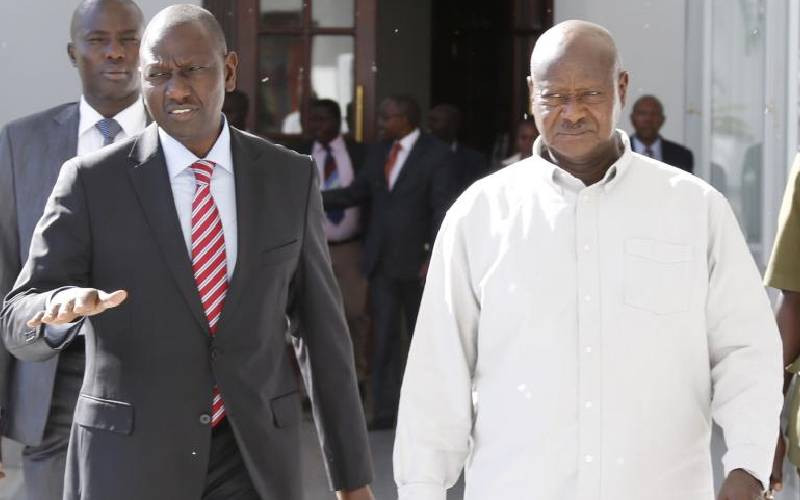×
The Standard e-Paper
Fearless, Trusted News

Uganda has dragged Kenya to the East African Court of Justice (EACJ) over alleged denial by Nairobi to allow it to transport oil from Mombasa Port to the neighbouring landlocked country.
The unprecedented dispute is likely to strain relations between Kenya and Uganda, which have historically enjoyed close ties.